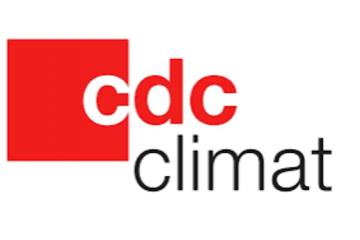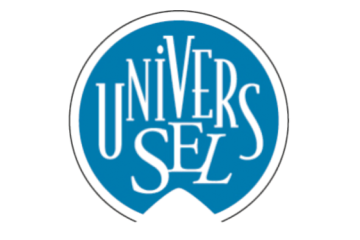Feasibility study of a carbon project backed by solar salt farming Guinée
![]() AGRICULTURE
AGRICULTURE ![]() ENVIRONMENT
ENVIRONMENT ![]() FORESTRY
FORESTRY


Services: Diagnostics and feasibility studies
Countries: Guinée
Dates of intervention: 2011/02 - 2011/07
Amount executed: 15 000 €
Total amount of the service: 15 000 €
Main backer: Caisse des dépôts et consignations – Climat - Client
Main beneficiary: Univers-Sel
Support provider: Olivier BOUYER
Experts: Olivier BOUYER
Certificate of satisfactory executionRapport d'étude de pré-faisabilité d'un projet carbone de substitution énergétique (remplacement de la saliculture ignigène par la saliculture solaire)
Context of the service
A French cooperation NGO created by the salt workers of Guérande, Univers-Sel transfers their know-how in solar salt production and water management to populations living in mangrove areas.
In Guinea, fire-retardant salt production requires burning 3 tons of wood to produce 1 ton of salt by evaporating brine, which increases deforestation and poverty.
Univers-Sel provides people with know-how in solar salt farming in order to eliminate this fire-retardant technique.
With the financial support of CDC Climat, Univers-Sel commissioned a feasibility study of a carbon project to support its solar salt farming program. This study had five objectives:
1/ Conclude on the conformity of the project with VCS, Gold standard, CDM and REDD+ methodologies,
2/ If there is no applicable methodology, identify the most appropriate standard and assess the relevance of launching the process of drafting and submitting a methodology,
3/ Estimate the expected volume of reductions if a methodology is applicable,
4/ Estimate the cost and duration of the methodology drafting and submission process in the event that no applicable methodology is available.
5/ Write a methodology to be submitted to the most appropriate standard for this project.
Services provided
The expert conducted the study by consulting all the relevant documents on the project area, all methodologies (CDM, Gold Standard, REDD+) a priori usable and by carrying out interviews and measurements in the field.
Ultimately, this activity is eligible for the CDM and other voluntary carbon standards. The project using solar energy and being small scale, it can fall within the scope of the AMS-IE and micro-Gold Standard methodology, which seem to be the most suitable methodology and standard.
Additionality can be demonstrated by identifying barriers to existing technology or practices. The rate of "non-renewability" of biomass is between 36% ("conservative" assumption) and 62% ("realistic" assumption). With "conservative" or "realistic" assumptions and within the framework of the micro-Gold Standard methodology, the promotion of solar salt farming among 400 family units would avoid the emission of 27 kteC02 or 46 kteCO2 respectively over 10 years. In addition, the methods of monitoring leaks (activities of fish smokers and fire-retardant salt farmers not affected by the project, conservation of old brine tanks) were precisely identified (estimation of risks, acceptable error levels, then determination of the sample sizes to be monitored according to statistical laws).
A Micro-Gold Standard project was therefore considered feasible (humanly, technically, economically) at the end of the study.
Summary of the service
Pre-feasibility study of a deforestation avoided project in Maritime Guinea - Promotion of solar salt farming to replace brine heating with mangrove wood from deforestation: Analysis of applicable standards and methodologies; Estimation of emission reduction potentials for applicable standards/methodologies; Specific analyses (demonstration of additionality, follow-up sampling, leak management, etc.); Business case (NPV and IRR estimation).